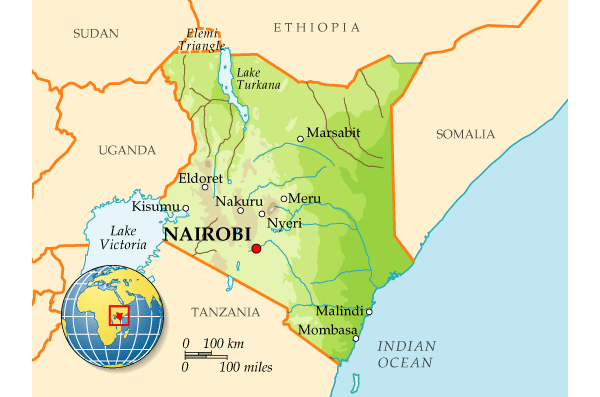In the first crisis, the Engineers Board of Kenya rubbished more than half of engineering degree courses being offered by universities, saying that they had not been approved. The board said that only 29 out of 67 degree courses offered in public institutions were professionally accredited. At least 1,500 new students have been selected to study engineering in the rejected universities this year, and their fate is now unknown.
The engineer’s board singled out, as the main culprits in the accreditation shortfall, the universities of Egerton, Eldoret, Kenyatta and Nairobi, Masinde Muliro University of Science and Technology, Jomo Kenyatta University of Agriculture and Technology, and the technical universities of Kenya and Mombasa.
In a related case of a professional body flexing its muscles, the Council of Legal Education ordered the closure of Moi University’s law school – one of the country’s oldest law faculties, established in 1994. The university management was asked to craft a transition plan for students to either exit law studies or transfer to institutions that are accredited. Currently only three universities – Nairobi’s Parklands campus, Strathmore and Kenyatta – are allowed to offer law training.
As law and engineering students grappled with accreditation shocks, others were focusing on news that students could face a tuition fee increase from next year.
Education Cabinet Secretary Jacob Kaimenyi is pushing for uniform fees for both government-sponsored and self-sponsored students – a proposal that could trigger a major fee hike in the coming months.
Latest government data shows that public and private universities had 443,783 students last year, up from 361,379 in 2013. Enrolment numbers have more than doubled since 2012 when there were 218,628 students.

